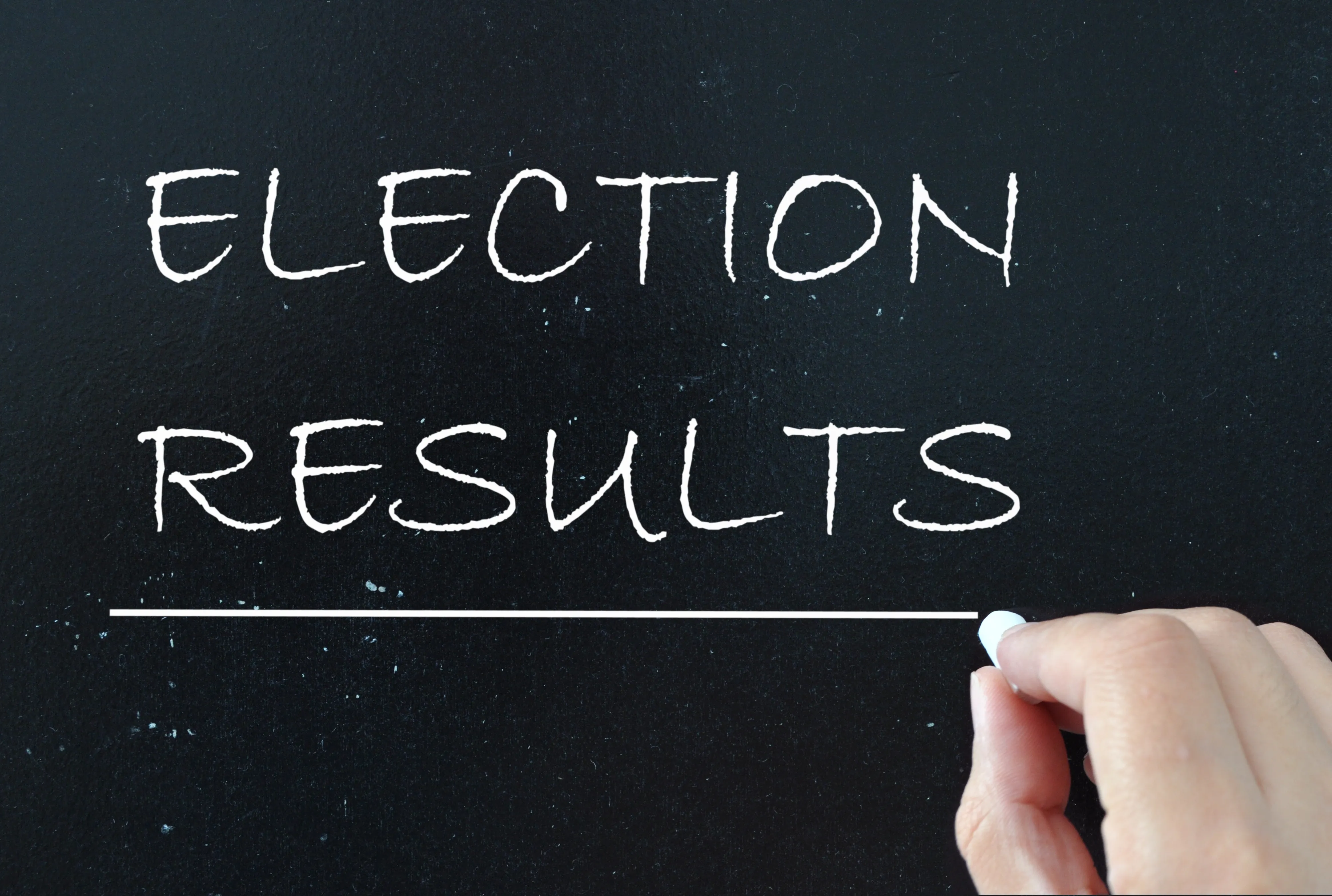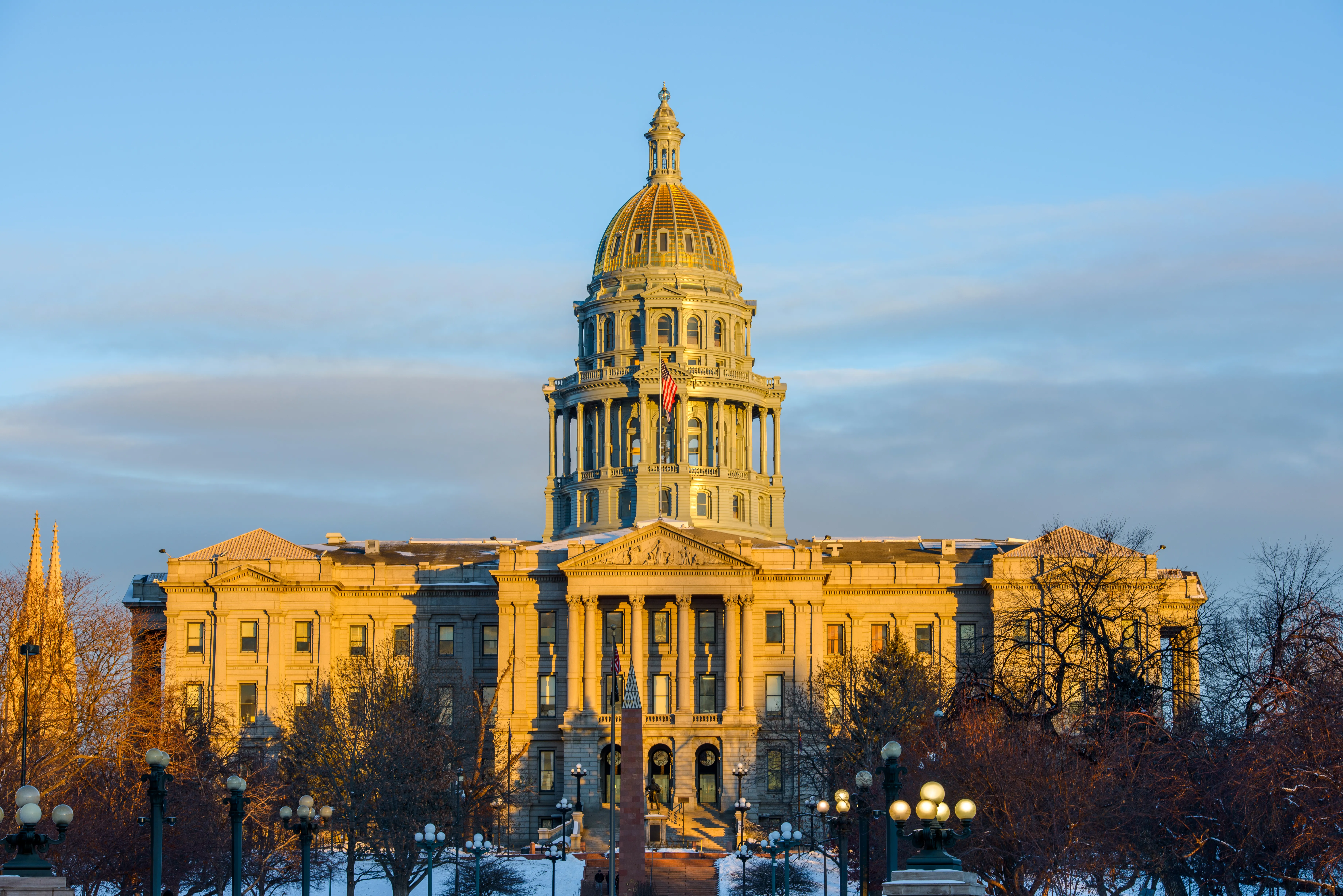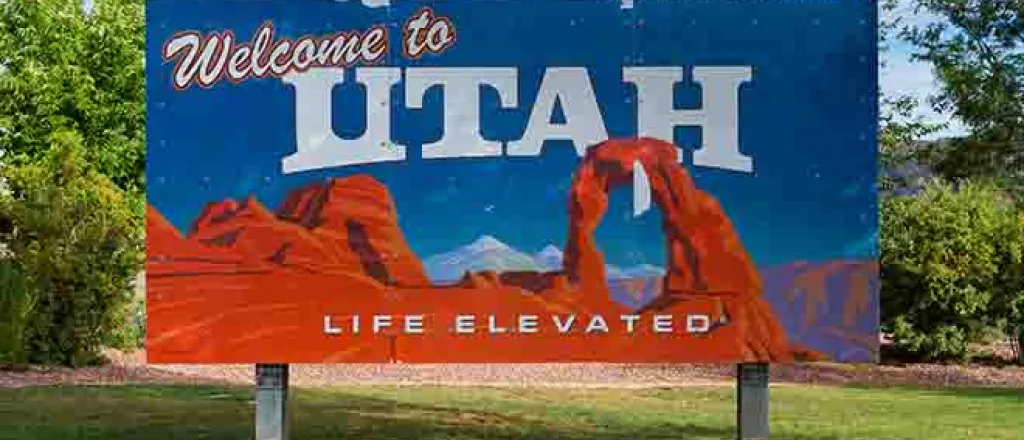
Utah Governor Cox signs bill banning public unions from collective bargaining
After days of radio silence in response to pleas from teachers, firefighters and police to veto a highly controversial bill, Utah Governor Spencer Cox’s answer didn’t come until late Friday night on Valentine’s Day.
The governor signed HB267, a bill to ban public unions from collective bargaining, which the Legislature approved last week after lawmakers backed out of compromise legislation that would have softened the bill.
After days of his office only saying he was carefully studying the bill, Cox issued a short statement alongside his signature.
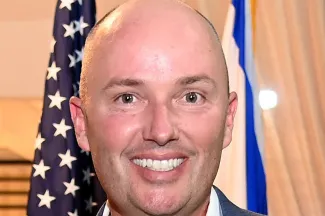
Utah Governor Spencer Cox
“Utah has long been known as a state that can work together to solve difficult issues,” Cox said. “I’m disappointed that in this case, the process did not ultimately deliver the compromise that at one point was on the table and that some stakeholders had accepted.”
The governor could have vetoed the bill — which lawmakers did not pass with a two-thirds margin needed for an override. But the governor opted not to take that route. He also opted not to allow the bill to go into law without his pen.
Cox’s signature came the evening after members of Utah’s largest teacher union, the Utah Education Association, staged a silent protest outside his office urging him to veto the bill. One teacher held a sign that read, “Governor Cox, your veto protects educators’ voice to advocate for our kids!”
For days, Cox has been facing calls to veto HB267, which was arguably the most controversial bill of this year’s legislative session. It prompted opposition from teachers, firefighters, police officers, municipal workers and union advocates, both in the public and private sectors, who protested the bill at every step.
Scores of people spoke in opposition to the bill during committee meetings, more than 15,000 educators signed on to a Utah Education Association petition urging lawmakers to vote “no,” and a crowd of nearly 1,000 people descended on the Utah State Capitol in protest after it received final passage from the Senate.
Their concerns did spur an attempt by the bill’s sponsors — Representative Jordan Teuscher, R-South Jordan, and Senate Majority Leader Kirk Cullimore, R-Sandy — to work on a compromise.
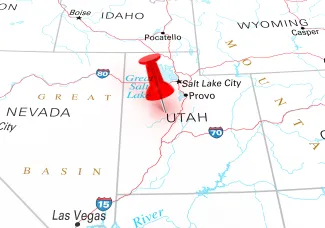
Rather than completely prohibit collective bargaining, the sponsors proposed an amendment that would have allowed public unions to negotiate, as long as they got support from a majority of employees in the organization, regardless of their union membership.
But that amendment was never adopted. Cullimore said support for the compromise never materialized among public employees, and rather than continue working to find some middle ground with the state’s unions, lawmakers passed the original version.
The bill had a number of opponents in the Legislature, too. That includes Senator David Hinkins, R-Ferron, who attemptedwhat labor advocates called a “Hail Mary” attempt to revive the compromise that Cullimore and Teuscher had originally proposed.
But Hinkins said that if Cox signed HB267, he would abandon the compromise.
Though the elimination of collective bargaining garnered the most controversy, the bill enacts several other changes to the state’s public unions.
It restricts certain government resources from going toward union activity — that includes ensuring taxpayer funds won’t pay a public employee for the work they do for a union. And unions wouldn’t get special exemptions for using public resources, like property (if other groups or people have to pay to use a public room or space, so does the union).
People who are employed by a union, but aren’t actually employed by the entity the union represents — for instance, someone who works for a teachers union full time, but isn’t actually employed by the school district — will no longer have access to the Utah Retirement System.
And the bill offers professional liability insurance for teachers, which in most cases is only currently offered through a union, Teuscher says. That would offer teachers “extra protection” for things like employment disputes, he said.
The bill takes effect July 1, 2025.
Cox also signed another controversial bill Friday evening — HB269, a bill restricting where transgender students can or can’t live in public university dorms. He did not issue a statement explaining his signature Friday, but he told Utah News Dispatch last month that he was aware of HB269 and supportive of the effort, which he called a “tweak” to a bill lawmakers passed last year restricting transgender access in sex-designated bathrooms and locker rooms in publicly-owned and controlled buildings.
Utah News Dispatch is part of States Newsroom, a nonprofit news network supported by grants and a coalition of donors as a 501c(3) public charity. Utah News Dispatch maintains editorial independence. Contact Editor McKenzie Romero for questions: info@utahnewsdispatch.com.




